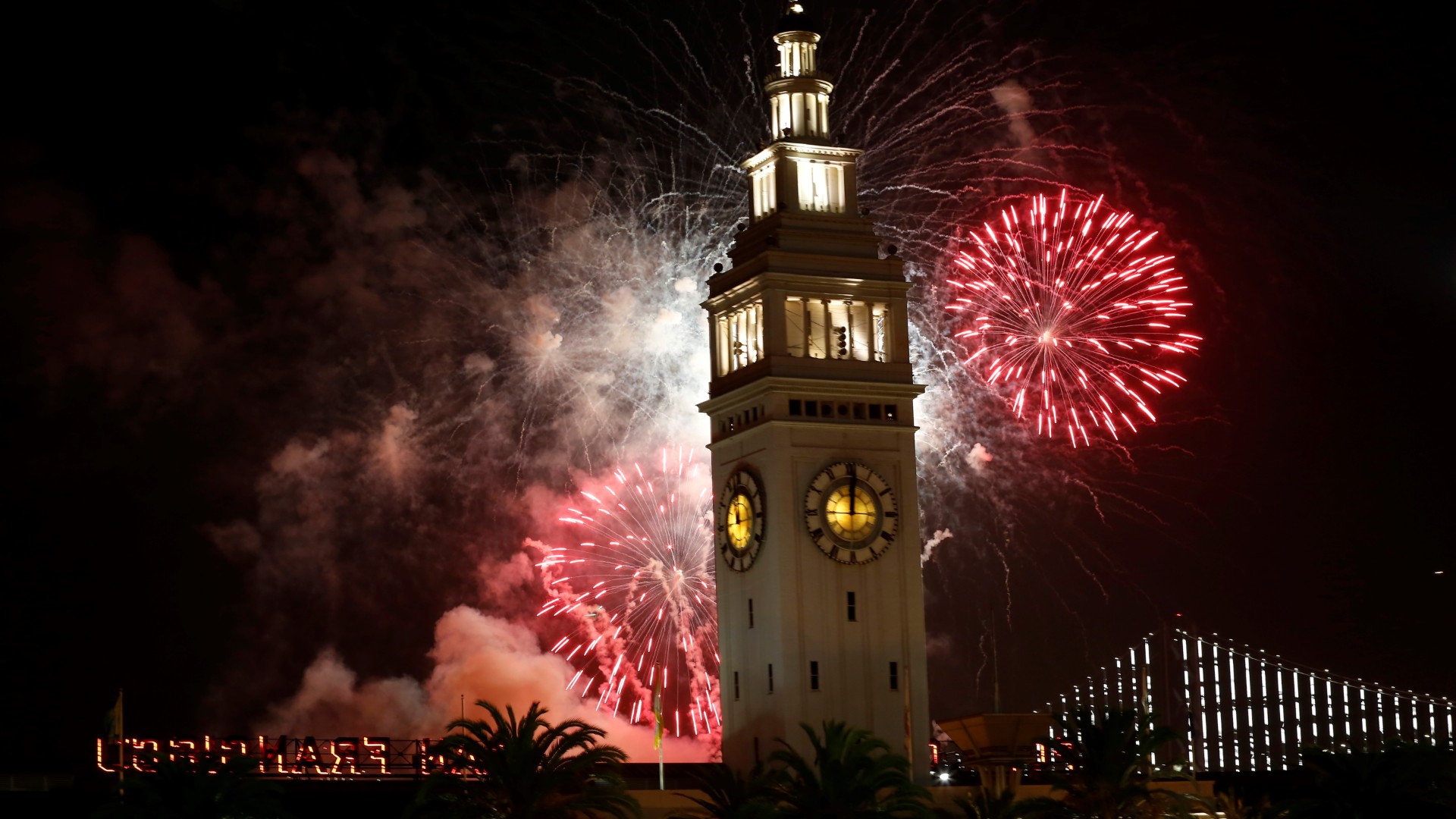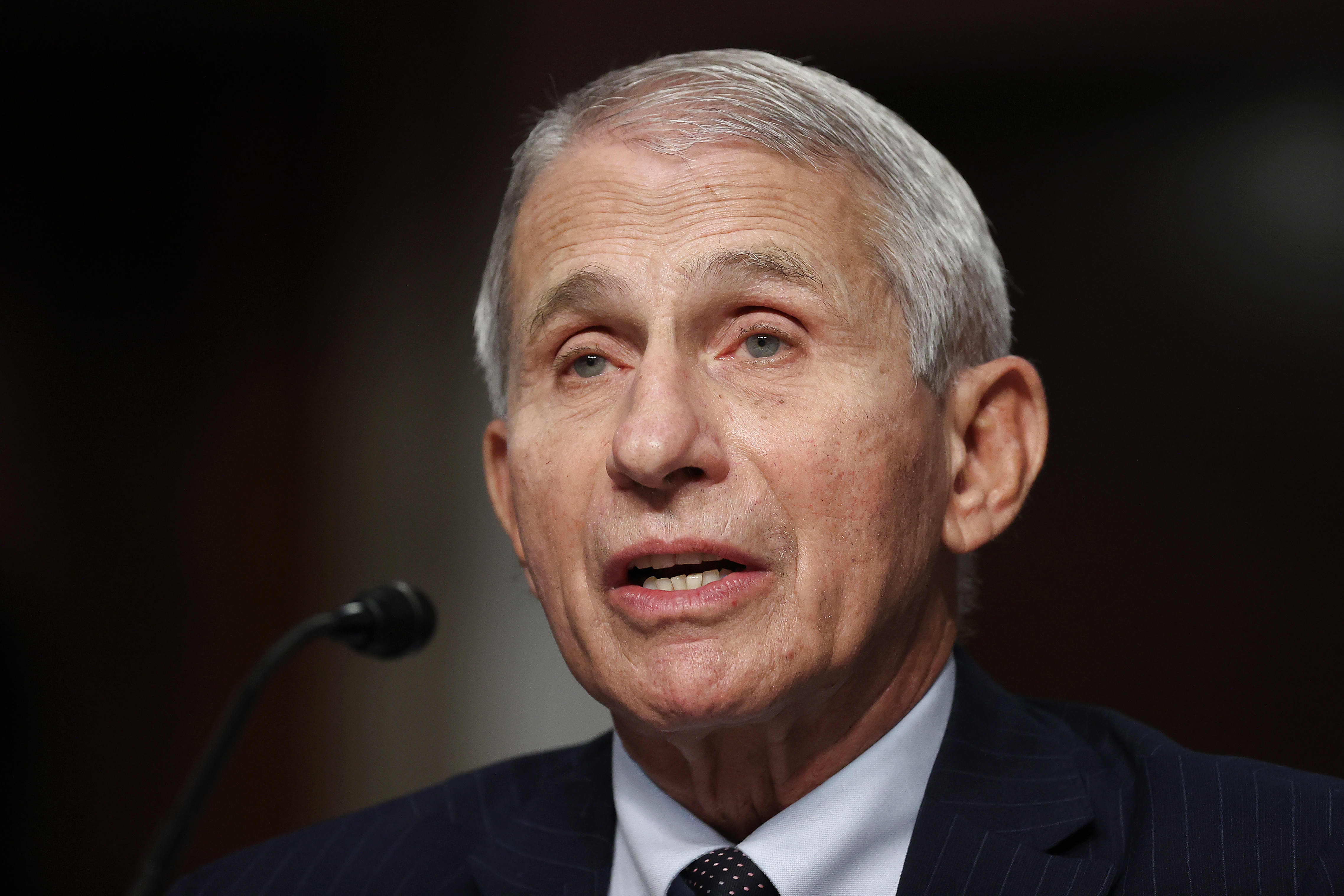The Chair of UCSF's Department of Medicine Robert Wachter said that based on the latest data out from UCSF on Tuesday, he estimates around one in 14 asymptomatic San Franciscans would test positive for COVID-19 right now if everyone was tested.
This comes as COVID-19 cases around the country and in California continue on a steep climb.
"It’s kind of a scary number and one I’d have to say has rocked me," said Dr. Bob Wachter, the Chair of UCSF's Department of Medicine.
Get a weekly recap of the latest San Francisco Bay Area housing news. Sign up for NBC Bay Area’s Housing Deconstructed newsletter.
This data comes from testing UCSF has done since the start of the pandemic for patients at its hospitals and clinics. Since the emergence of the Omicron variant, the rates at which patients both with and without COVID-19 symptoms who test positive for COVID-19 have increased. Several months ago, Wachter said as few as one in 500 asymptomatic patients (ones who come in for procedures like cancer operations or colonoscopies) were testing positive. But as of Tuesday, the seven-day average showed one in 14 asymptomatic patients were testing positive.
Wachter notes those testing rates don't necessarily reflect the entire city of San Francisco, but he believes they do present a good estimate.
This aligns with the data the county of San Francisco reports to the state. A week ago, the City and County of San Francisco reported its daily case rate tripled about a week ago from 91 cases to 273 cases. Daily case rate in the days since then appears to have climbed even further, with 931 cases reported on December 23rd so far. The San Francisco Department of Public Health explained that because it's data on COVID-19 is lagged by five days, that total for December 23 will likely be revised.
"Cases are rising three times faster than during the summer Delta-fueled surge," a spokesperson for the department wrote in an email. "Further rapid increases are expected."
Even though San Francisco's population is highly vaccinated, cases are rising.
"That test positivity rate has gone way, way up," said Dr. Bob Wachter, UCSF Department of Medicine chair.
Some San Francisco businesses have made a choice to minimize risk at the expense of profits.
The Moby Dick Bar in San Francisco's Castro would usually be brimming with people on a typical New Year's Eve, but this year doors will be locked and the bar empty.
"It's upsetting, but it's not upsetting enough to decide we have to forgo being safe," said Scot Riffe, Moby Dick Bar co-owner.
With Omicron spreading and an employee testing positive, bar owners opted to shut down just before Christmas with no plans to reopen until after New Years.
"No matter how safe we are, it doesn't mean other people are safe or being safe outside of our bar," Riffe said.
He added that staff who were scheduled for those days won't be able to receive tips, they will still be paid their wages.
While some city businesses are opting to shut their doors on New Year's Eve, others are trying their best to make it work safely.
"I added a HEPA filter in the middle of the restaurant," said Porter Anthony, a general manager for Harvey's, a San Francisco bar and restaurant.
Anthony said Harvey's recently reopened after having to shut down for a few days due to employees testing positive for COVID. Harvey's will continue to stay open only if all staff continues to test negative, Anthony said.
"We're sort of shooting from the hip and trying to stay safe as we can," Anthony said, adding he has been running around the Castro in search of COVID-19 tests for his staff.
Meanwhile, San Francisco on Tuesday announced the city's much anticipated New Year's fireworks show will be canceled citing "the ongoing surge of COVID-19 cases." It will be the second time in a row the city's annual New Year's firework show didn't happen due to COVID-19.
Wachter said he understands people are eager to celebrate the new year, but at the end of the day he recommends exercising more caution -- at least until Omicron subsides.
"If your goal is to try and not get COVID, you really can't do an indoor gathering, particularly without testing and feel comfortable it's completely safe," Wachter said.
"I hate to be such a grinch, I would love to have happier news, and if the virus was better I would have happier news, but the virus is what it is and it's spreading incredibly rapidly," he added.
Wachter says that while he doesn't think indoor holiday gatherings can be "completely safe" right now, he noted there are ways to make gatherings like that "safer." Those ways include using rapid testing one to two hours beforehand, wearing masks (Wachter wears an N95 indoors), and making sure the people you are gathering with are vaccinated (and boosted).
Wachter made a point to highlight a glimmer of good news: "we also know that this variant is less severe on average than the one before it."
That said, he still believes that with Omicron spreading so quickly, we can't let our guard down yet.
"I think we’re going to have a pretty nasty six to eight weeks and then things are likely going to get better late February, early March," he noted.



